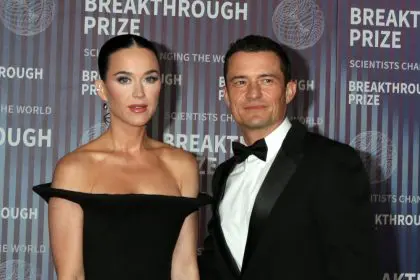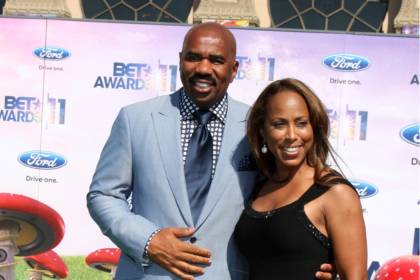Rick Ross is taking significant steps to ensure his popular car exhibition welcomes attendees of all abilities after resolving a lawsuit filed by a disabled fan. The acclaimed rapper and entrepreneur has committed to comprehensive accessibility improvements for his upcoming annual automotive showcase.
Challenge sparks transformation
The changes come in response to legal action initiated by Darris Straughter, who uses a wheelchair and attended the 2024 event. Straughter’s lawsuit highlighted critical accessibility shortcomings, including the absence of promised wheelchair-accessible shuttle transportation that had been advertised. He also encountered obstacles when attempting to secure a refund after discovering these barriers to participation.
Addressing these concerns, Ross has now committed to implementing comprehensive accessibility measures for future events. The improvements include dedicated round-trip wheelchair-accessible shuttle services to key locations throughout the venue for attendees with mobility limitations.
The attorney representing Straughter, John Hoover, acknowledged the positive outcome of the situation. The upcoming show will feature significantly enhanced accessibility, with accommodations including golf cart transportation options specifically designated for wheelchair users.
Promise Land prepares for inclusive gathering
The highly anticipated Rick Ross Car & Bike Show will unfold on June 7 at the performer’s expansive “Promise Land” estate located in Fayetteville, Ga. This recurring event has established itself as a cornerstone gathering for automotive enthusiasts across the region. With newly implemented accessibility features, organizers anticipate welcoming a more diverse audience, including individuals who previously faced exclusion due to mobility restrictions.
Breaking barriers beyond legal requirements
Creating accessible environments for public gatherings represents both a regulatory obligation and an ethical responsibility. Many individuals living with disabilities regularly encounter obstacles preventing full participation in social and entertainment activities. Events like Ross’s automotive exhibition play an important role in demonstrating how inclusive planning can remove these barriers.
By prioritizing these modifications, Ross establishes a valuable precedent for fellow event organizers across the entertainment industry. His actions underscore the fundamental importance of creating experiences that accommodate the needs of all potential attendees, regardless of physical limitations.
Fan community embraces progress
The announcement of these improvements has generated enthusiastic support from both fans and disability rights advocates. Many have publicly commended Ross for his commitment to creating a more inclusive environment. This responsive approach not only demonstrates the artist’s dedication to his fan base but also contributes to broader awareness regarding accessibility challenges.
Setting industry standards
As public figures like Ross implement such accommodations, their influence can drive meaningful cultural evolution toward more inclusive entertainment experiences. These developments carry potential to inspire other artists, promoters, and venue operators to elevate accessibility considerations in their planning processes.
The automotive showcase represents just one example of how thoughtful modifications can transform previously restrictive environments into spaces where everyone can fully participate. Ensuring physical accessibility stands as a crucial component of creating truly inclusive community experiences.
Moving forward together
Ross‘s decision to enhance wheelchair accessibility at his automotive showcase represents a significant advancement toward creating more inclusive entertainment environments. By addressing the specific concerns raised through Straughter’s lawsuit and implementing practical solutions, Ross not only improves the experience for attendees with disabilities but also establishes a powerful model for industry peers.
As preparations continue for the upcoming June event, this situation highlights how accessibility considerations should be fundamental components of planning for all public gatherings. Through deliberate attention to these needs, event organizers can foster genuine community connection where all participants experience a sense of belonging and equal opportunity for enjoyment.
The changes implemented for the upcoming car show demonstrate how responding constructively to criticism can lead to meaningful improvements that benefit entire communities, creating more vibrant and diverse shared experiences for everyone involved.
















